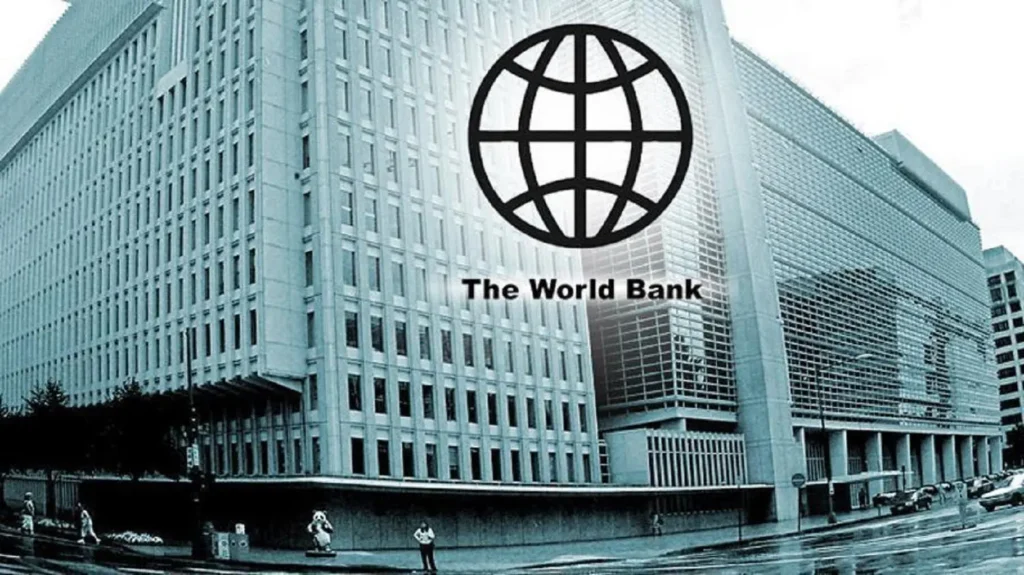The World Bank has forecasted a positive outlook for Nigeria and other African economies, with growth expected to reach 3.4 per cent in 2024 and 3.8 per cent in 2025, up from 2.6 per cent in 2023. This promising news was revealed in the Africa’s Pulse Report released by the Washington-based development bank.
The report highlighted that the economic rebound in Sub-Saharan Africa is being driven by increased private consumption and a decrease in inflation. However, it also cautioned that the recovery is fragile due to uncertain global economic conditions, rising debt service obligations, frequent natural disasters, and escalating conflict and violence.
While inflation is on the decline across most economies, dropping from a median of 7.1 to 5.1 per cent in 2024, it still remains high compared to pre-COVID-19 levels. Additionally, although the growth of public debt is slowing down, more than half of African governments are struggling with external liquidity issues and unsustainable debt burdens.
Despite the projected growth, the report emphasized that the pace of economic expansion in the region is still below the growth rate of the previous decade, which is not sufficient to make a significant impact on poverty reduction. Structural inequality is cited as a major factor hindering poverty reduction in Sub-Saharan Africa compared to other regions.
The report called for transformative policies to address deep-rooted inequality in order to sustain long-term growth and reduce poverty. Andrew Dabalen, the World Bank Chief Economist for Africa, stressed that per capita GDP growth of one per cent in the region only leads to a one per cent reduction in extreme poverty, compared to an average of 2.5 per cent in other parts of the world. He emphasized the need for policies that enhance the productive capacity of the private sector to generate more and better job opportunities for all segments of society.
In conclusion, while the economic outlook for Africa is positive, there are still challenges that need to be addressed to ensure sustainable growth and poverty reduction in the region. The World Bank’s report serves as a reminder of the importance of inclusive policies and structural reforms to create a more equitable and prosperous future for all Africans.
